
Every menopausal journey is different
The transition from menstruation to menopause, also called perimenopause or the menopausal transition, is marked by a period in which your ovaries gradually produce less of the female sex hormones oestrogen and progesterone. This triggers many physical changes, which can be quite overwhelming. Although perfectly normal, this doesn't mean you have to suffer in silence. Quite the contrary! There are many things you do to ease your symptoms.

Menopause does not have to be the end of life as you know it. It can be a special stage in your life, with no or hardly any obstacles.

Online Menopause Test
Are you wondering if you're going through menopause? Take the online menopause test, and in just 2 minutes, you'll know. We'll also provide you with tips and advice on how to navigate this phase of life.
Stages of menopause
Menopause is a term used to describe any changes that may occur before or after a woman stops experiencing her periods. The entire transition from the reproductive to the postreproductive years in a woman’s life consists of several stages. Every woman's experience of menopause is different and there is no set age when progression toward menopause starts. However, menopause can generally be divided into stages and there are typical symptoms associated with each phase. All women's bodies undergo similar changes during these stages.
The menopause transition typically has three stages: perimenopause, menopause and postmenopause. Premenopause is the stage before perimenopause. It’s the time from your first period until ovulation becomes more unpredictable: the start of perimenopause.
Premenopause: the stage before perimenopause
Premenopause is the stage preceding perimenopause, from your first period until the start of perimenopause. During the last years of this stage, from roughly your mid-30s to your early 40s, your periods are still regular. There are a few noticeable changes in your body. You are still in your reproductive years but hormonal fluctuations may cause you to have some subtle or vague symptoms like mood changes or disturbed sleep.
Perimenopause: the start of menopause
Perimenopause is the start of menopause. Officially the start of perimenopause is marked by changes to your menstrual cycle, but experts agree that symptoms like hot flashes, night sweats and vaginal dryness are also hallmark signs of perimenopause. You may get these symptoms without noticing a change in your menstrual cycle.
Menopause: the final menstrual period
Menopause literally means the final menstrual period. Once you've stopped menstruating for 12 consecutive months, you have passed through menopause. This means you only know you have reached menopause in hindsight. Technically, menopause is not a stage but marks the official end of the menstrual cycle.
On average, most women hit menopause at the age of 51. Fun fact: research has shown that the age at which your mother reached menopause is a predictor of when you’ll stop menstruating.
Postmenopause: the last stage of menopause
Postmenopause the final stage of menopause and comes after perimenopause and menopause. Once you enter postmenopause, you are in this stage for the rest of your life. By this we mean your hormone levels will remain consistently low. Although the symptoms of menopause won’t disappear overnight, most of them will gradually decrease in postmenopause.


At first, I was scared to start treatment but I’m happy I did. - Conny (age 52)

Hormone therapy
Select your preferred treatment, complete the medical questionnaire, and receive medical advice and a doctor's prescription within 48 hours. The pharmacy will ship your order within three to five working days.
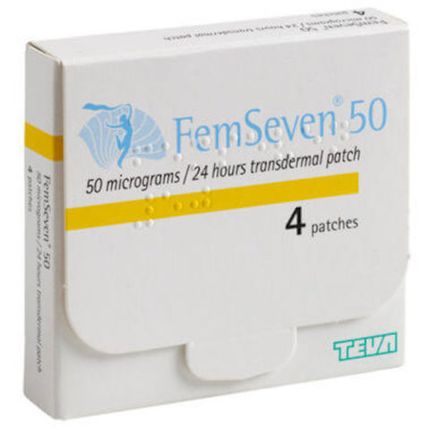
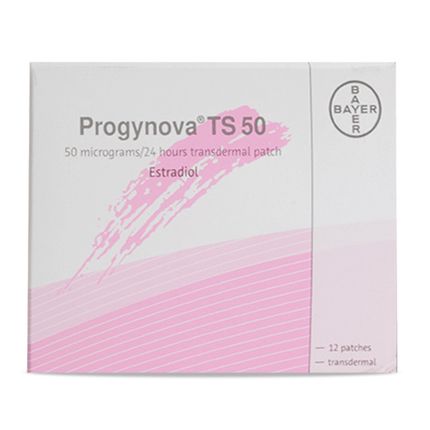
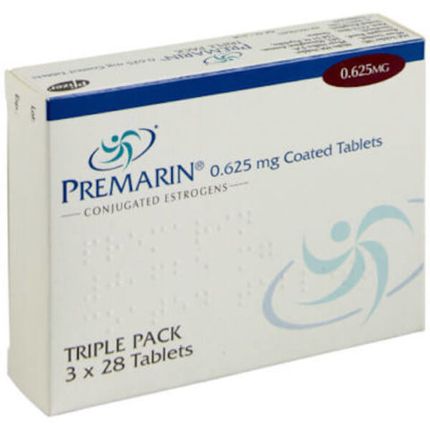
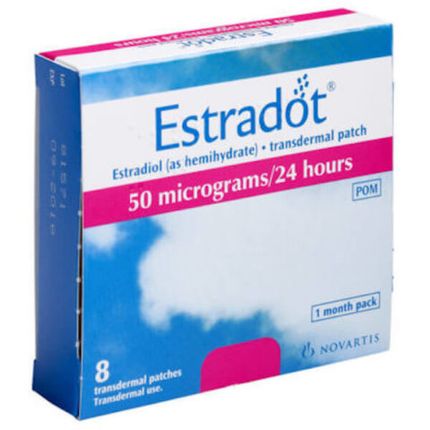

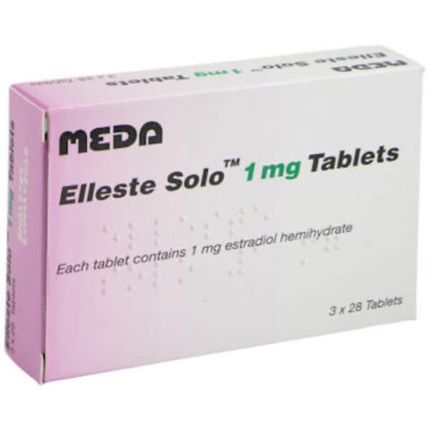
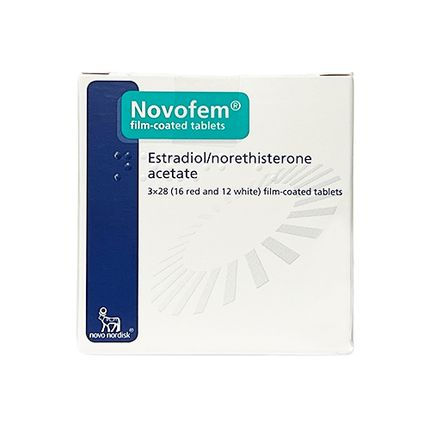
Your path to a smooth menopause starts here
Get the tools you need to navigate menopause with more ease and to educate yourself about your body. With tips and insights from experts, and relatable stories of women just like you. Press play, not pause.
What menopausal symptoms can you expect?
Menopause affects different women in different ways. Some women experience few, or no, menopausal symptoms, while others are plagued by life-altering changes that stop them in their tracks. The fact of the matter is that 80 percent of women do experience some kind of symptoms, the most common ones being hot flashes, sleep problems, mood swings and weight gain. Most women experience a variety of symptoms (three or more), and one in three women have severe symptoms that have a significant impact on everyday functioning. So yes, menopausal issues can affect your quality of life. The good news is you can manage your symptoms. There are things you can do to improve your health and feel more like yourself again. SeeMe-nopause can help you with this.
Supplements that support you during menopause
The high-quality supplements of premium brand Solgar have been created using only the finest ingredients, made possible through tireless research. With Solgar, you can be sure you're getting the right support.
Get to know your symptoms
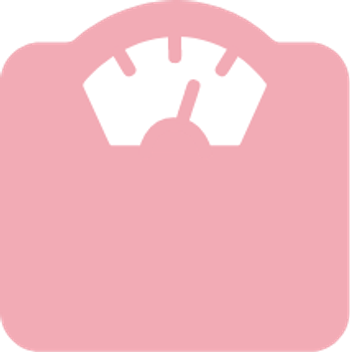
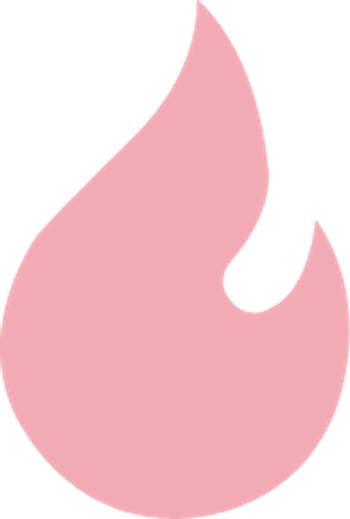


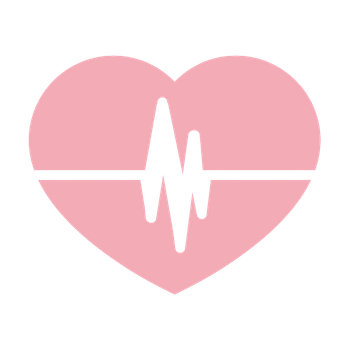
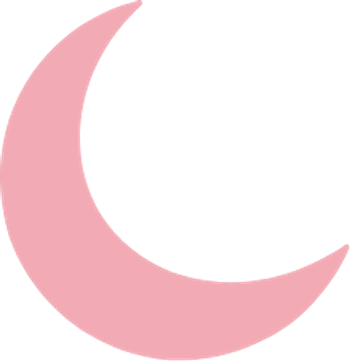
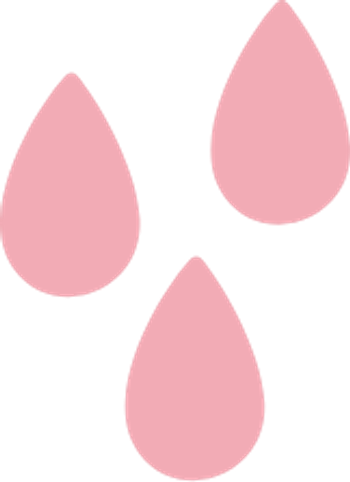
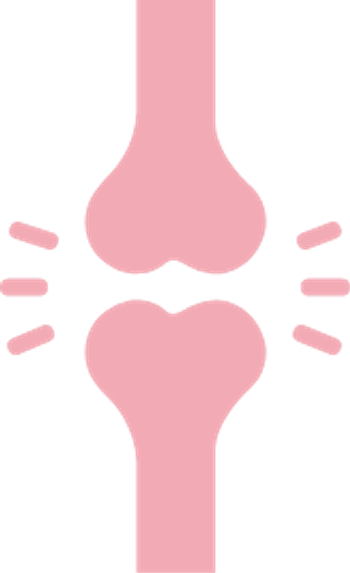

Alleviate your symptoms
The right products and medications can give your body the support it needs as you transition into menopause and beyond. What works best for you depends on your situation and symptoms. View the options, from supplements to medical support from a doctor.

How does an online doctor's consultation work?
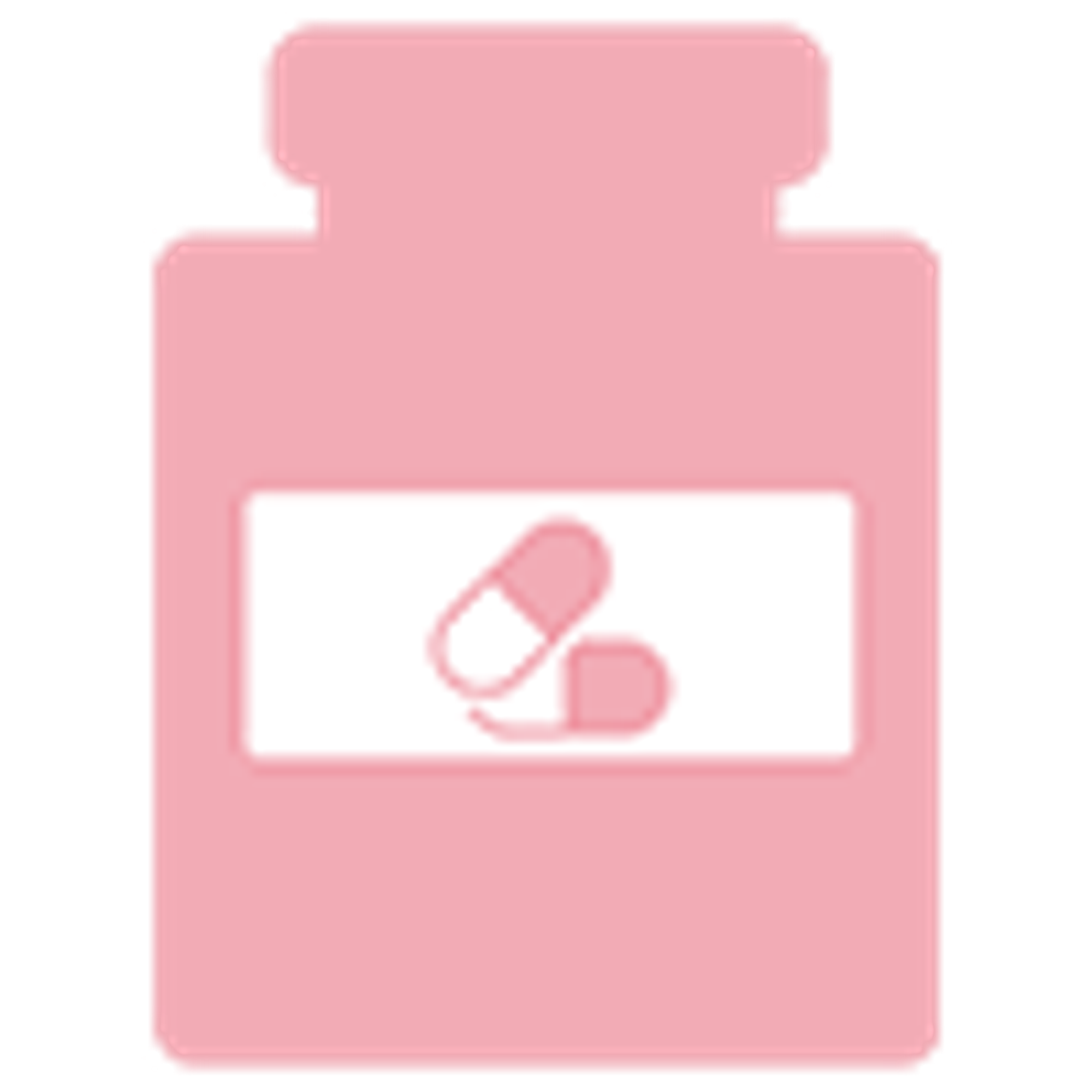
1. Choose your preferred treatment
Select your preferred treatment and complete the accompanying digital medical questionnaire.
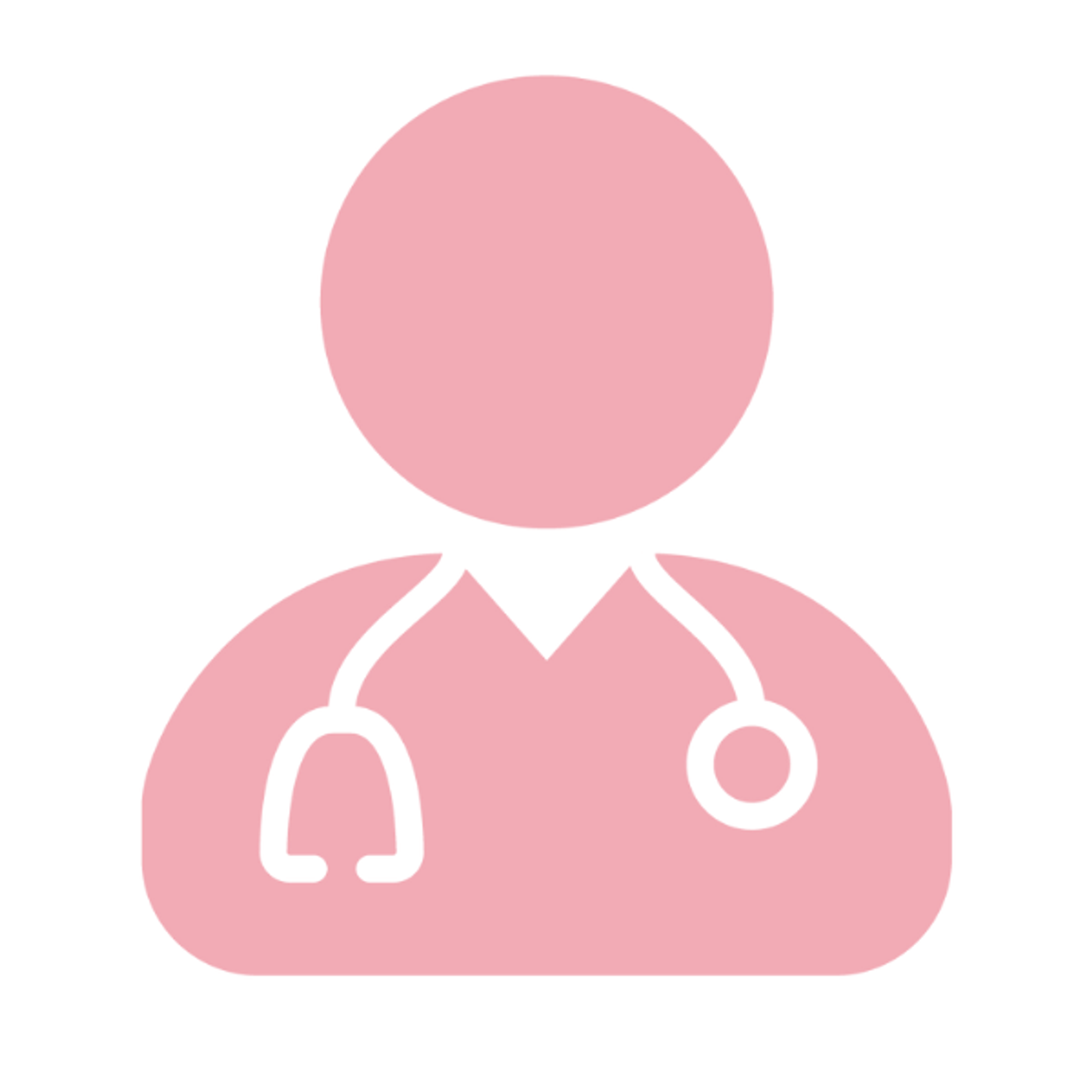
2. Your order request is reviewed by a doctor
A doctor will review your order within 48 hours and forward the prescription to a pharmacy.
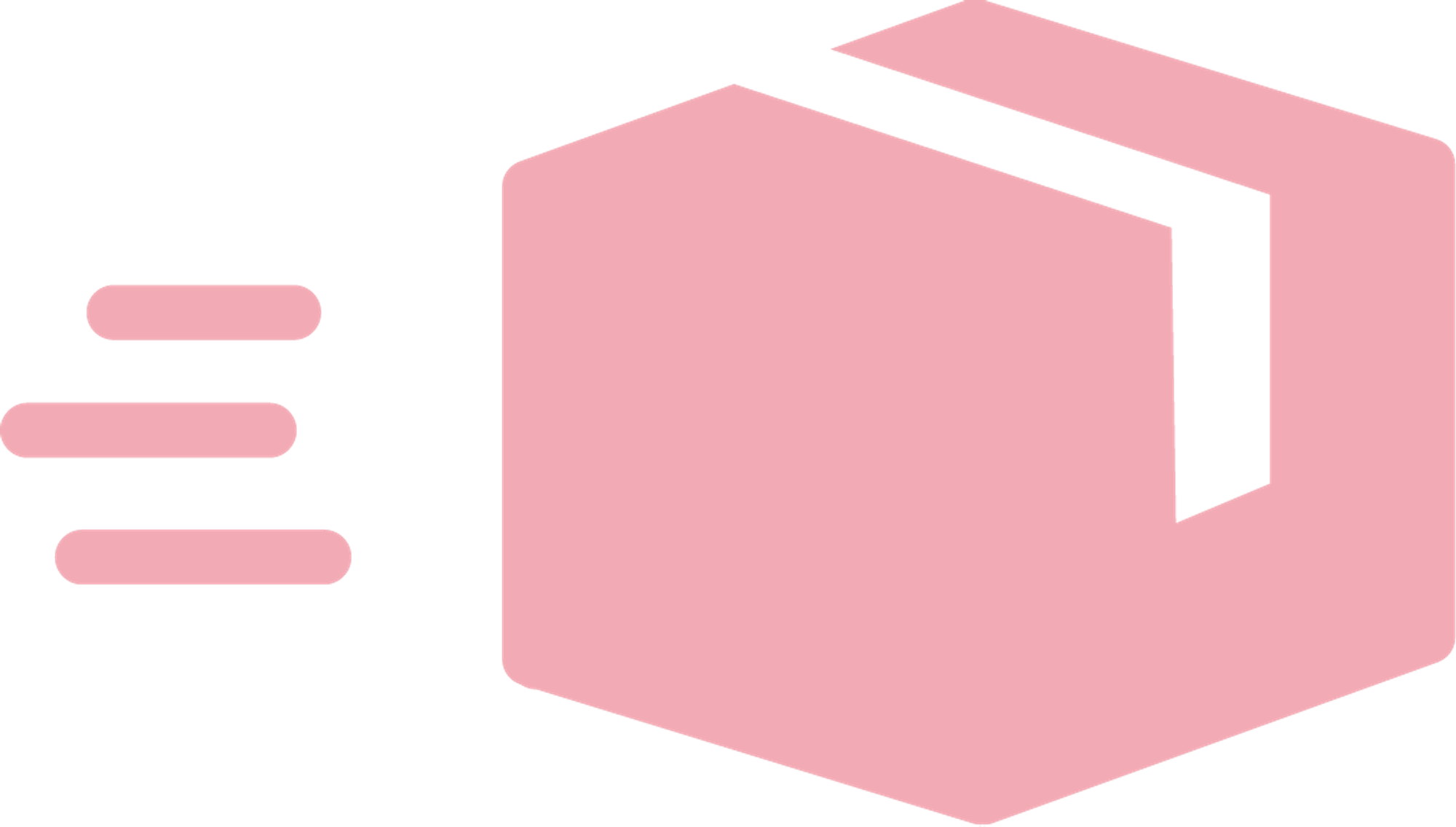
3. Your order is shipped by the pharmacy
Your order will be shipped to your home within three to five working days free of charge.
Products for menopause relief



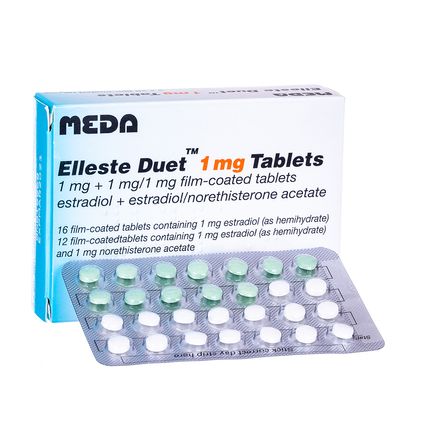
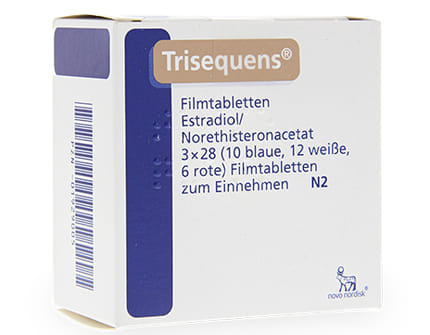
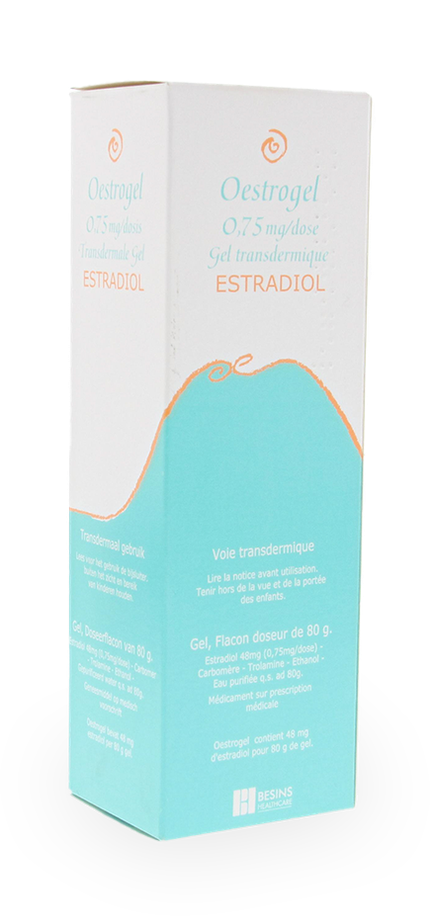
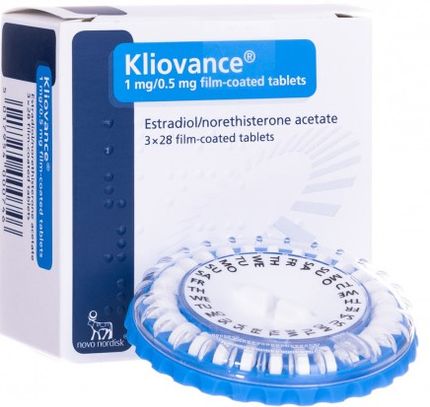


FAQ
What are the first signs of menopause?
Generally, a changing menstrual pattern is the first sign of menopause. Additionally, women in perimenopause often experience hot flashes, night sweats, and vaginal issues. It's common for symptoms to come in multiples, with most women experiencing an average of three (or more) menopause symptoms. But remember: every menopause is different. Some symptoms can also appear before any changes in your menstrual cycle are noticeable. Learn more about the symptoms.
Who is SeeMe-nopause?
SeeMe-nopause was founded on the initiative of a group of women and is part of the eHealth Ventures Group, a leading organisation specialising in digital health solutions with platforms in 14 countries.
With a team of doctors and menopause specialists, we provide access to information and supplements. We will also offer medicinal products and therapies in the near future. Our goal is to give women the tools they need to not only survive but thrive through perimenopause and beyond. More about us.
How can SeeMe-nopause help me?
SeeMe-nopause helps you feel optimistic through menopause:
- Holistic approach to menopause: medical support, dietary supplements, nutritional tips and healthy lifestyle tips
- Online counselling by a doctor within 48 hours with online support during your treatment
- Competent, personal and with the convenience of in-home treatment.
Sources
- Van Asselt KM, Kok HS, Pearson PL, Dubas JS, Peeters PH, Te Velde ER, van Noord PA. (2004). Heritability of menopausal age in mothers and daughters. Fertil Steril. PMID: 15533358.
- National Institue on Aging. (2021). What is Menopause? https://www.nia.nih.gov/
- Takahashi TA, Johnson KM. (2015). Menopause. PMID: 25841598.
- SIGMA The Canadian Menopause Society. Menopause FAQ. https://www.imsociety.org/wp-content/uploads/2022/10/IMS-English-Factsheet-8-FAQ.pdf
- Hoga L, Rodolpho J, Gonçalves B, Quirino B. (2015). Women's experience of menopause: a systematic review of qualitative evidence. PMID: 26455946.










